Optimal Seasons for Wicker Chair Repairs
Wicker chair repairs are most effective when performed during specific times of the year, depending on environmental conditions and usage patterns. Optimal seasons typically include late spring and early fall, when humidity levels are moderate and outdoor conditions are suitable for maintenance work. Performing repairs during these periods can help ensure the wicker material is less prone to further damage caused by extreme weather.
Spring offers ideal conditions for wicker repairs due to moderate temperatures and humidity, which help in proper drying and setting of repairs.
High temperatures and direct sunlight in summer can cause wicker to dry out and crack further, making it less suitable for repairs.
Early fall provides cooler, stable conditions that are conducive for repairing and restoring wicker furniture before winter.
Wicker repairs are generally discouraged during winter due to cold and damp conditions that hinder proper drying and bonding.

Springtime conditions are optimal for restoring wicker furniture.
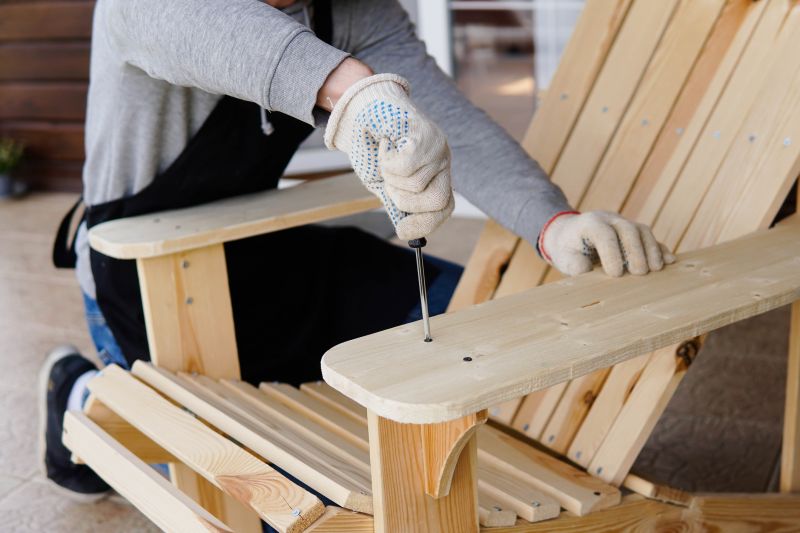
High heat and sunlight can hinder repair processes.
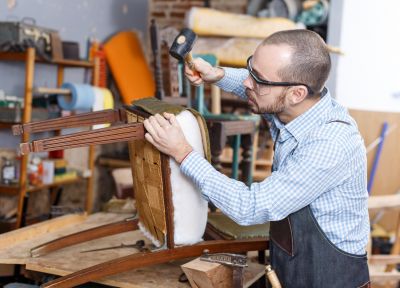
Cool, stable weather supports effective repairs.
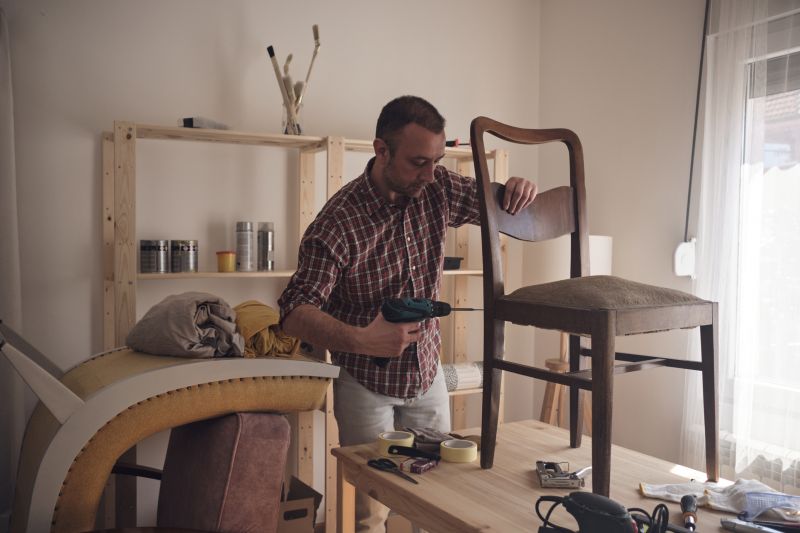
Ways to make Wicker Chair Repairs work in tight or awkward layouts.
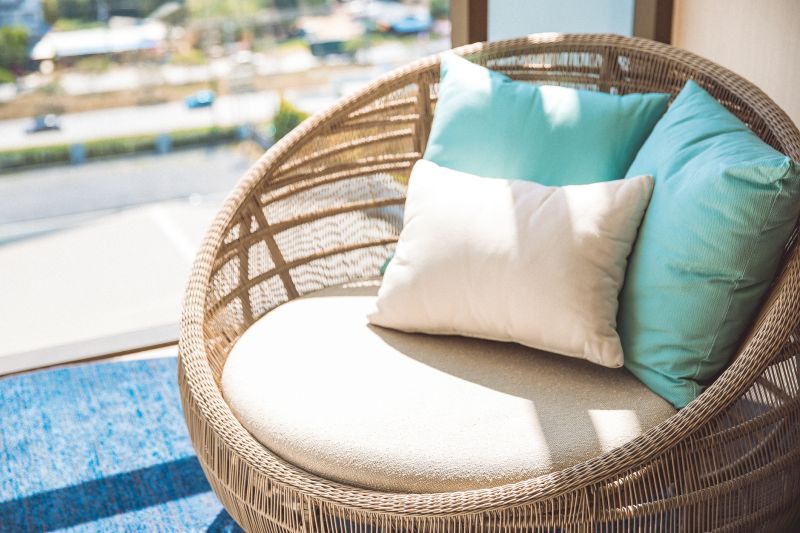
Popular materials for Wicker Chair Repairs and why they hold up over time.
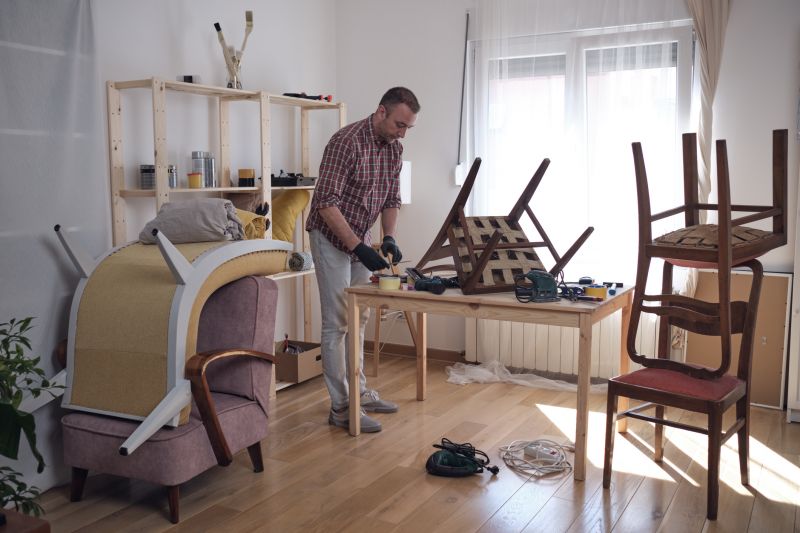
Simple add-ons that improve Wicker Chair Repairs without blowing the budget.
| Season | Optimal Conditions |
|---|---|
| Spring | Moderate temperatures, high humidity, ideal for repair work |
| Summer | High temperatures, intense sunlight, less suitable |
| Fall | Cool and stable, good for repairs |
| Winter | Cold and damp, not recommended |
Wicker chair repairs involve addressing issues such as broken weaves, frayed fibers, and structural weaknesses. Proper repair techniques include reweaving, replacing damaged strands, and applying protective finishes. The durability of repairs depends heavily on appropriate timing, environmental conditions, and the use of quality materials. Statistics indicate that repairs performed during ideal conditions can extend the lifespan of wicker furniture by several years, reducing the need for complete replacement.
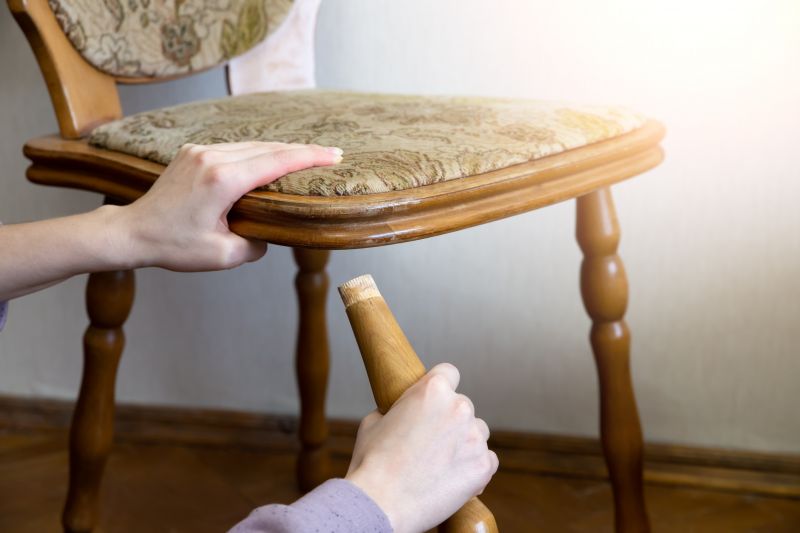
Restoring the weave structure for durability.
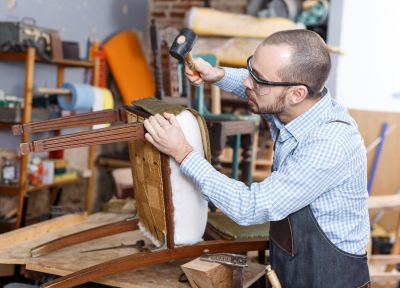
Using matching materials for seamless repairs.

Enhances longevity and appearance of repaired wicker.
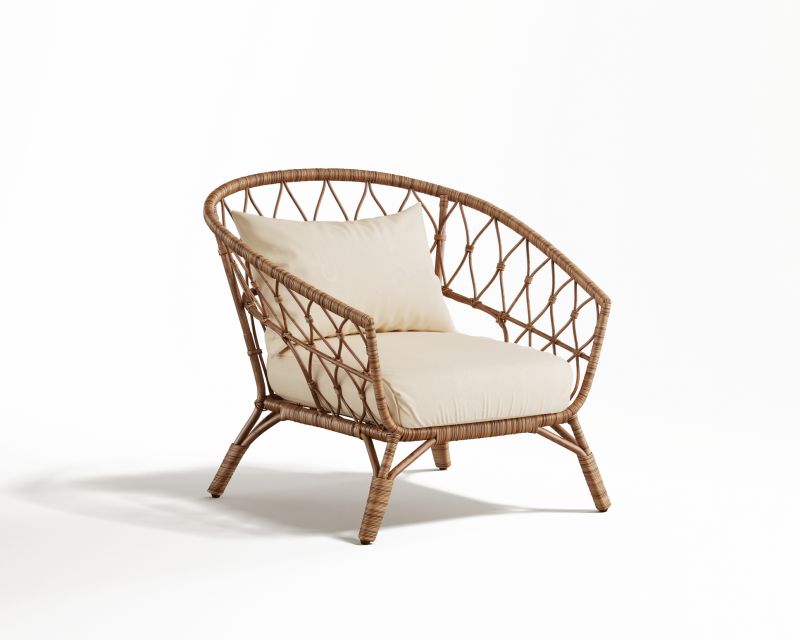
High-end options that actually feel worth it for Wicker Chair Repairs.
Individuals interested in Wicker Chair Repairs are encouraged to contact for detailed assessments and tailored repair solutions. Proper timing and professional techniques can significantly improve the appearance and lifespan of wicker furniture, ensuring it remains functional and attractive for years to come.
